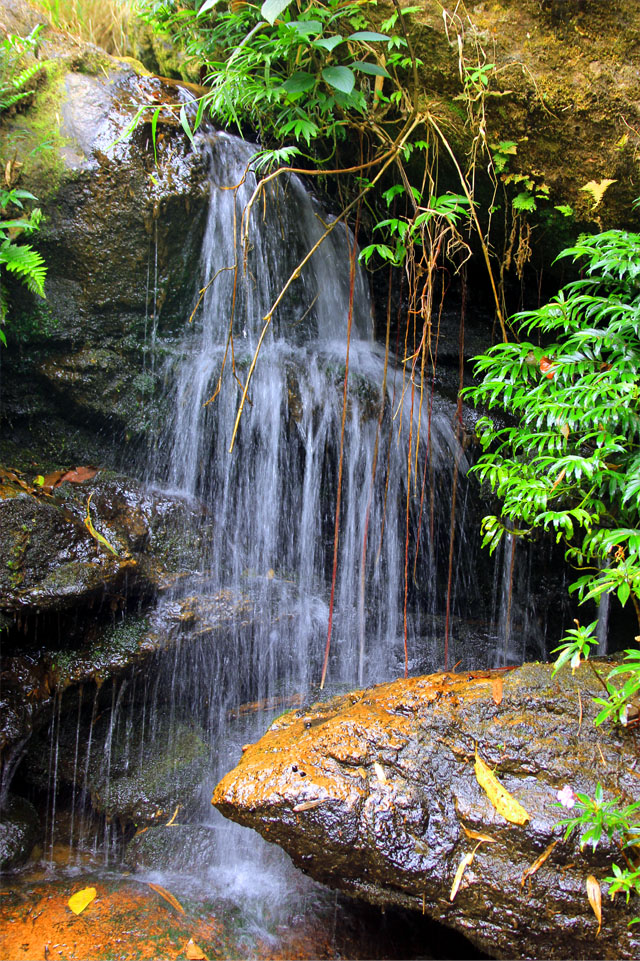
The attractiveness of this area is as a good destination for the tourist. But the potentials of ‘protection oriented ecotourism’ have not been explored to benefit stake holders and fringe area people. The current eco-tourism plan is oriented to scientifically manage the wilderness and for assisting protection and to improve the livelihood of the dependant people.
1. Ensuring of the protection and management of the elephants and its habitants.
2. Enhancing the public's knowledge, awareness and support on the importance of elephant conservation.
3. Managing the Centre as a centre for Research and Education as well as an economic & eco-tourism activities site.
4. To create awareness and sensitize about the significance of conservation, biological diversity and eco system services.
5. To provide the finest opportunity of experiential learning where citizens can experience, appreciate and connect nature with its rich bio diversity and heritage values
6. To facilitate protection of the forest resources through exploring ways of increase perambulations for detecting illegal activities like, Ganja cultivation, illicit brewing of liquor, etc.
7. To improve the lively hood of tribal and forest dependant fringe area people and reduce negative dependency.
8. To draw more citizens towards conservation.
9. To motivate citizens, to evolve as responsible towards natural resources.
10. To spread the message of cleanliness and providing a healthy environment for sustainable ecosystem management.
11. To equip forest dependent communities for scientific harvesting and utilization of forest products and to nullify the negative impacts of current practices used for harvesting of forest resources.
12. To reduce the gap between the local people and forest staff and to assure their participation for protection of natural resources.
13. To develop and distribute materials for studies on nature conservation.

© 2017 Mankulam Nature Appreciation Centre . All Rights Reserved
Design by PeerBey Software | W3layouts